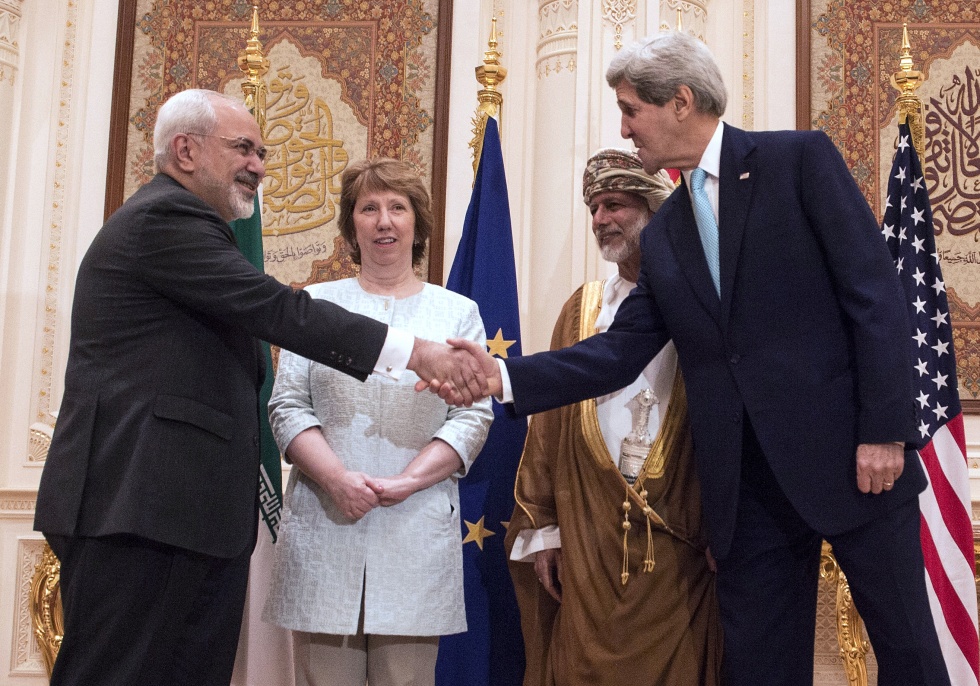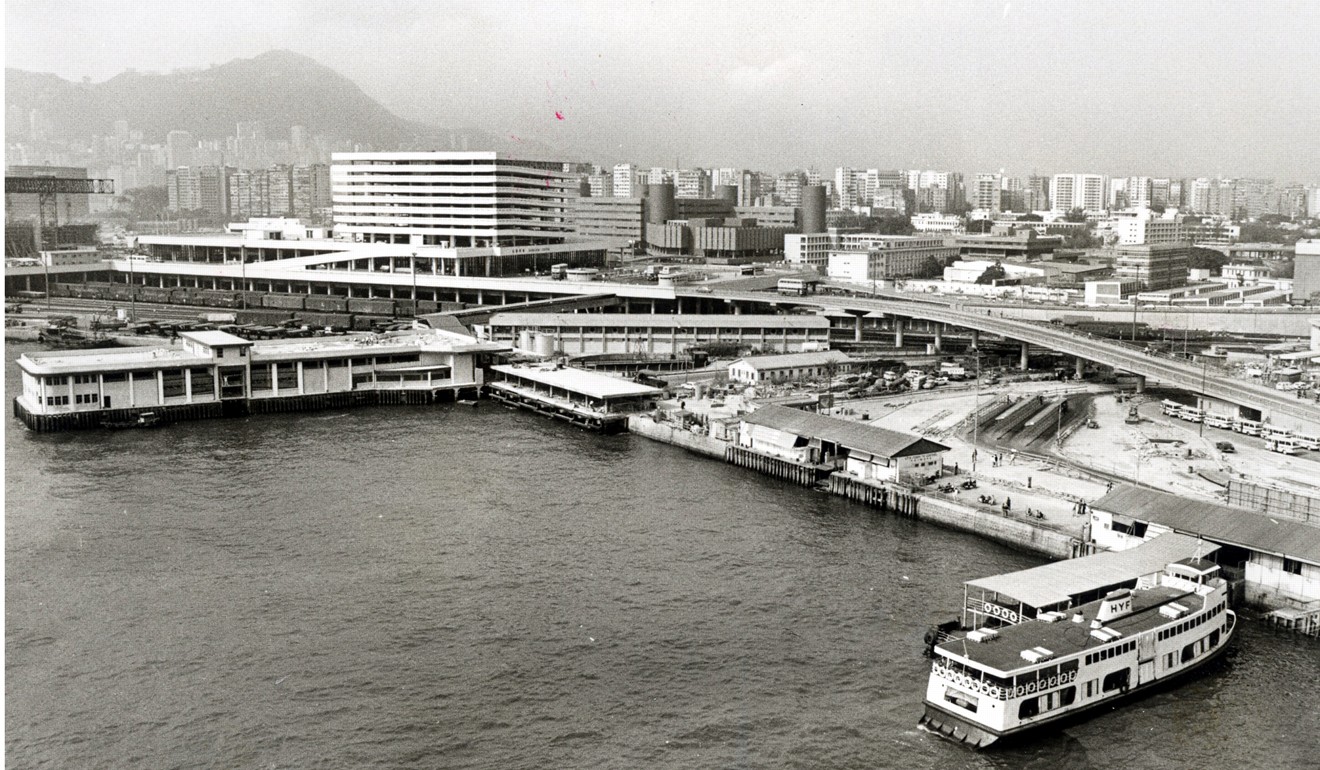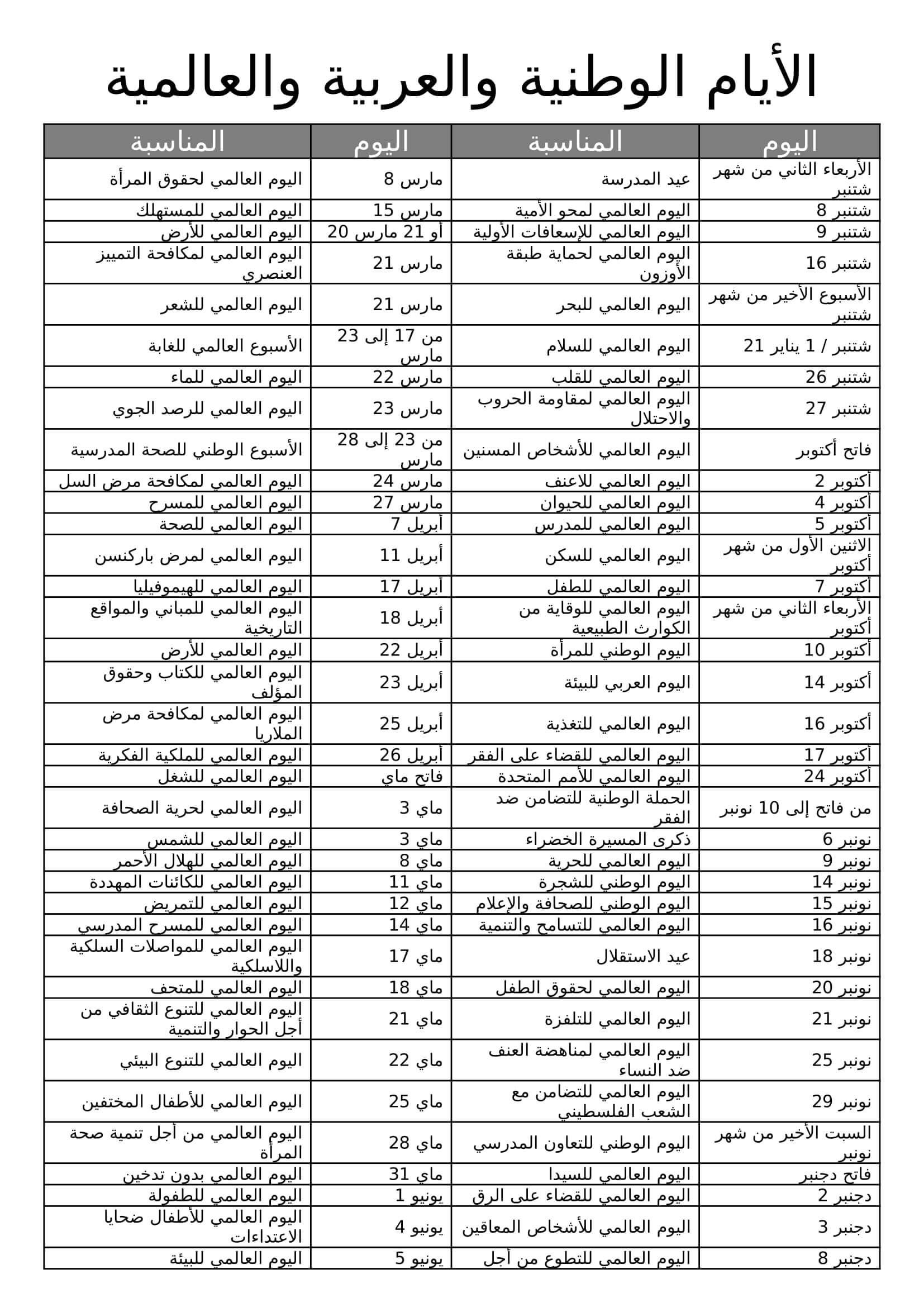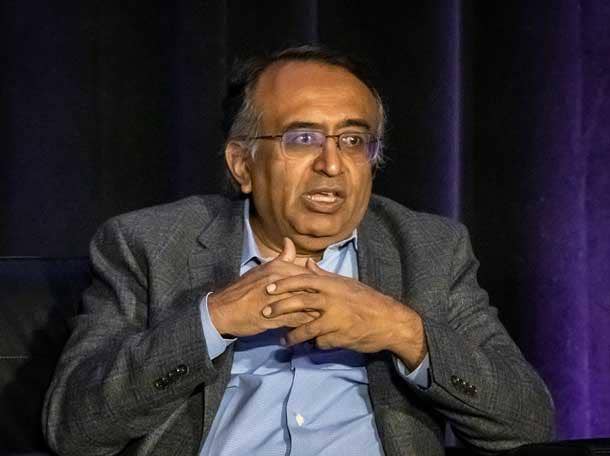Nuclear Talks: US And Iran Remain Divided After Latest Round

Table of Contents
Key Issues Hampering Progress in Nuclear Talks
Several significant issues are preventing a successful conclusion to the nuclear talks. These complex and interconnected challenges require careful consideration and significant compromises from all parties involved.
Sanctions Relief
Iran's central demand revolves around comprehensive sanctions relief. The US imposed numerous sanctions on Iran, targeting its oil exports, financial institutions, and other key sectors, severely impacting its economy. Iran argues that these sanctions violate the spirit of the JCPOA and must be fully lifted before any further nuclear limitations are considered.
- Specific sanctions: These include sanctions targeting Iran's central bank, its oil and gas industry, and its shipping sector.
- Economic impact: Sanctions have crippled Iran's economy, leading to hyperinflation, unemployment, and shortages of essential goods.
- Iranian arguments: Iran maintains that the sanctions are unjust and punitive, preventing its economic recovery and hindering its ability to comply with any nuclear agreement.
- US concerns: The US expresses concerns about verification mechanisms to ensure that sanctions relief is not misused and that Iran adheres to any new agreement.
Nuclear Enrichment Levels
Disagreements over the permissible level of uranium enrichment represent another significant hurdle. Uranium enrichment is a crucial process in both nuclear power generation and the creation of nuclear weapons. Higher enrichment levels raise concerns about Iran's potential to quickly produce a weaponizable quantity of fissile material.
- Significance of enrichment levels: The higher the enrichment level, the closer the uranium gets to weapons-grade material.
- US and Iranian positions: The US insists on strict limits on enrichment levels and robust verification mechanisms, while Iran seeks greater leeway. This fundamental difference of opinion is at the heart of the current deadlock.
International Atomic Energy Agency (IAEA) Investigations
Outstanding investigations by the International Atomic Energy Agency (IAEA) into Iran's past nuclear activities remain a key obstacle to progress. Resolving these investigations is crucial for rebuilding trust between Iran and the international community.
- Importance of resolving investigations: Addressing the IAEA's concerns is essential for demonstrating Iran's commitment to transparency and non-proliferation.
- Iran's stance: Iran has cooperated to some extent, but disputes the legitimacy of certain aspects of the IAEA's investigations.
- US demands: The US demands full cooperation with the IAEA, emphasizing the importance of resolving all outstanding questions regarding Iran's past nuclear program.
Regional Security Concerns
The broader regional security context adds another layer of complexity to the nuclear talks. Concerns exist regarding Iran's regional influence and its ballistic missile program.
- Concerns from regional actors: Israel and other regional actors voice significant security concerns, linking Iran's nuclear ambitions to regional instability.
- Link to nuclear talks: Whether these regional security concerns should be directly addressed within the nuclear talks, or treated as separate issues, is a matter of ongoing debate.
Analysis of the Recent Negotiation Round
The latest round of nuclear negotiations yielded little progress. Examining the statements from key players and expert opinions reveals a deep chasm between the parties.
Statements from Key Players
Following the recent round of talks, both US and Iranian representatives issued statements reflecting their perspectives.
- US statements: Emphasized the need for Iran to show greater flexibility and commitment to fulfilling its non-proliferation obligations.
- Iranian statements: Reiterated its demands for complete sanctions relief and criticized the US's reluctance to make concessions.
Expert Opinions
Nuclear experts and international relations analysts offer diverse perspectives on the outcome of the talks.
- Analysis of the impasse: Some analysts believe that a compromise is still possible, while others are more pessimistic, suggesting that the current differences are too substantial to bridge easily.
Potential Pathways Forward
Several potential pathways could lead to a breakthrough in future nuclear negotiations.
- Phased approach: A phased approach, whereby sanctions relief is linked to incremental steps by Iran, could be considered.
- Mediation: The involvement of a neutral mediator could facilitate dialogue and help bridge the gap between the two sides.
The Future of Nuclear Talks with Iran
In summary, the main points of contention in the US-Iran nuclear talks continue to be sanctions relief, enrichment levels, IAEA investigations, and broader regional security concerns. The latest round showed a lack of significant progress, highlighting the deep divisions between the two sides. The outlook for future negotiations remains uncertain, but finding a solution is crucial for regional stability and global security. To stay informed about the progress of these critical nuclear negotiations, follow the latest updates on the situation and learn more about the complexities involved. Understanding the nuances of these nuclear talks is vital for all those concerned about international peace and security.

Featured Posts
-
 The Countrys Emerging Business Hubs A Geographic Analysis
Apr 28, 2025
The Countrys Emerging Business Hubs A Geographic Analysis
Apr 28, 2025 -
 Mhrjan Abwzby 2024 Asatyr Almwsyqa Alealmyt Thtfl
Apr 28, 2025
Mhrjan Abwzby 2024 Asatyr Almwsyqa Alealmyt Thtfl
Apr 28, 2025 -
 2025 New York Yankees Merchandise Where To Shop Online And In Store
Apr 28, 2025
2025 New York Yankees Merchandise Where To Shop Online And In Store
Apr 28, 2025 -
 New York Mets Vs Minnesota Twins Final Score 6 3
Apr 28, 2025
New York Mets Vs Minnesota Twins Final Score 6 3
Apr 28, 2025 -
 Broadcoms Proposed V Mware Price Hike At And T Reports A 1 050 Increase
Apr 28, 2025
Broadcoms Proposed V Mware Price Hike At And T Reports A 1 050 Increase
Apr 28, 2025
